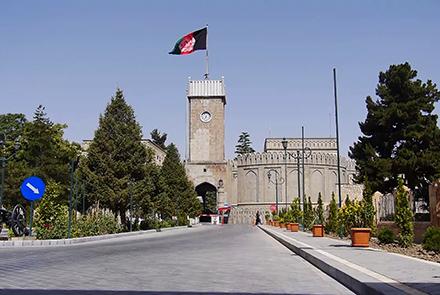The High Office of Oversight and Anti-Corruption (HOOAC) on Sunday criticized the Afghan government’s anti-corruption approach, saying the lack of a working strategy has resulted in a stalemate in terms of fighting the scourge.
Meanwhile, Integrity Watch Afghanistan (IWA) officials said the National Unity Government (NUG) has failed to outline an effective anti-corruption strategy despite the NUG leaders having pledged to the international community at the Brussels Summit that it would define an effective anti-corruption approach in the months that followed.
Afghan leaders pledged in October last year to outline the new anti-corruption strategy by June. Critics claim this deadline has not been met.
On 5 October 2016, the European Union and the government of Afghanistan co-hosted the Brussels Conference on Afghanistan. The conference brought together 75 countries and 26 international organizations and agencies where they pledged their fresh financial and political partnership with Afghanistan.
Participants endorsed the ambitious reform agenda presented by the Afghan government, where they undertook to ensure continued international political and financial support for Afghanistan over the next four years. The total sum committed by the international community was US$15.2 billion.
“There is a need for a new strategy to be formed which is helpful to implement long term and short term programs and move forward with work on the basis of this strategy,” said Sayed Ghulam Hussain Fakhri, head of HOOAC.
At the summit, Afghanistan was asked to do more to tackle corruption in exchange for continued international financial cooperation.
“Absence of the strategy means that government has no plan to fight corruption in the future; unfortunately it has not been included into government’s priority list so far,” said IWA chief Sayed Ekram Afzali.
But, government said it is committed to fighting graft.
“The government has been undertaking clear programs to fight corruption; currently work is being done in five ministries which generate the highest revenue and five other institutions which have the highest expenditures,” said President Ashraf Ghani’s spokesman Shahhussain Murtazawi.
Critics have said the lack of a clear anti-corruption policy would undermine government’s anti-corruption efforts.
Poor leadership, lack of transparency and accountability are apparently among the key elements behind the rise in corruption.


